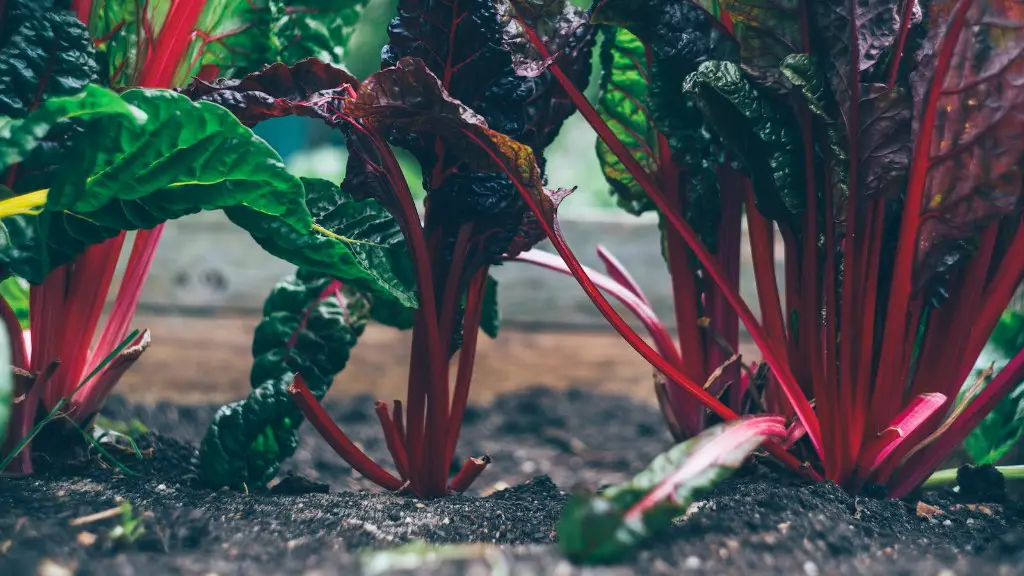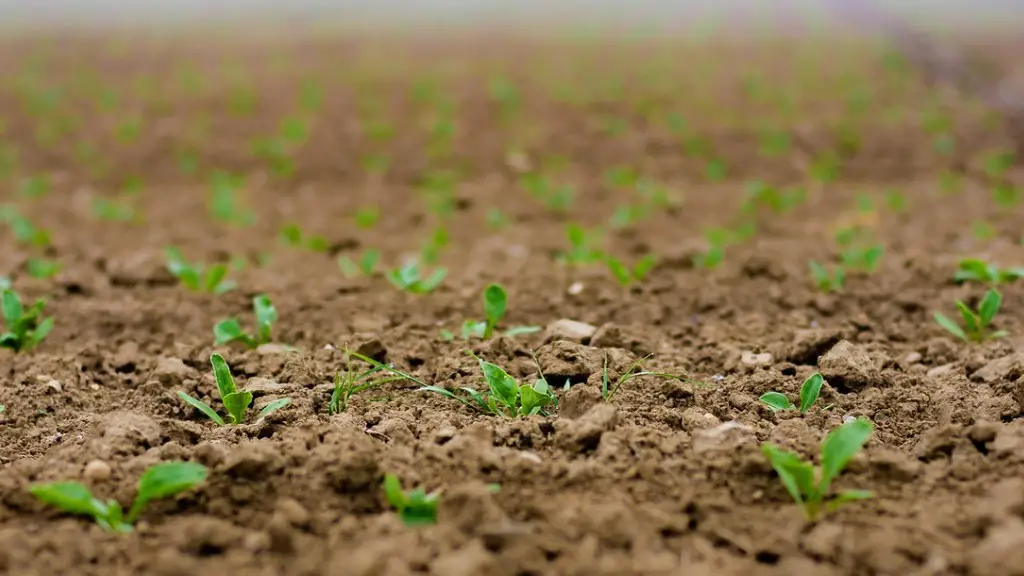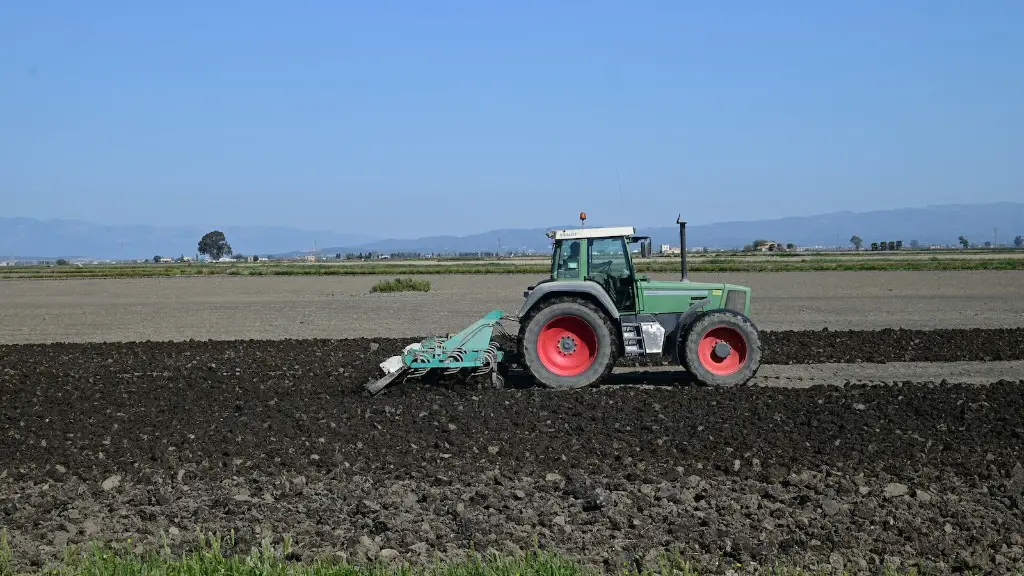Getting a degree in agriculture is a great way to start your career in the agricultural sector. By taking the time to familiarise yourself with the various degrees on offer, and the prerequisites for each, you can easily decide on the one that’s right for you. To begin your journey, here’s what you need to do.
First, ensure that you have an educational background in agriculture. This can include any level of education, such as a high school diploma, Bachelor’s or Master’s degree. You may also need to complete additional courses in agricultural sciences in order to qualify. Additionally, some universities may require a minimum number of years of practice in the field prior to admission.
Next, contact your chosen university’s admissions office and inquire about any degree programs in agriculture. Most schools offer a variety of degrees, with some specifically aimed at practitioners, while others focus on general education. You should also ask about any scholarships or financial aid available to help you in paying for tuition.
Thirdly, make sure that the degree program you are interested in is approved by your local government or accreditation body. This will ensure that your degree is recognized and accepted in the professional world. Additionally, consulting the school’s website ahead of time can help you identify potential employers that may require an agricultural degree before they hire.
Fourth, find out if the university has any internship or involvement programs related to agriculture. Getting some hands-on experience before obtaining a degree can be a great way to gain familiarity with the subject matter and give you a well-rounded educational background.
Finally, research each university’s academic standards when selecting a degree program. Make sure that the program has up-to-date syllabi and that the professors have outstanding educational backgrounds in the field. You should also ask questions about the classes you can expect to take, as well as any extracurricular activities or clubs associated with the degree.
Requirements for a Degree in Agriculture
In order to get a degree in agriculture, students must meet certain criteria. Depending on the type of degree being sought, there may be different requirements. For instance, a Bachelor’s degree may require a high school diploma or equivalent, while a graduate degree may require a Bachelor’s degree as well as specific coursework in agricultural sciences.
To be eligible for a degree, students must typically pass the necessary exams and demonstrate a knowledge of the field of study. They must also complete all necessary coursework and guided studies, such as field trips and laboratory studies, to gain the most out of their education. In addition, they may be required to perform an internship or pursue independent study. These opportunities will help them hone their understanding of the field and hopefully make them competitive in the workforce.
For those who wish to teach in a college setting, an additional degree may be required. Depending on the institution, applicants may need to hold a Ph.D. in order to teach. This means completing a master’s degree, then a doctorate, in addition to any other requirements for a teaching position.
Students should also allow ample time to obtain their degrees and complete any internship programs or independent studies that may be required. To ensure completion in a timely manner, they should plan out courses and other coursework ahead of time.
Finally, they should investigate any potential employers in their field before graduating. Making connections and getting familiar with the industry may help open some doors and lead to more job opportunities after graduating.
Specialisations & Opportunities
A degree in agriculture offers a variety of unique opportunities and specialisations. Students typically have the option to focus on either plant or animal systems. While the two are closely related, each requires its own approach and set of skills.
In the plant domain, students have the opportunity to learn about crop production and plant genetics. This can include courses on soil science, pest control, and plant diseases. In terms of animal systems, students can specialise in animal nutrition, reproduction, genetics, and animal welfare.
With a degree in agriculture, students can also pursue careers in food safety, water quality, and land management. This can involve managing a variety of projects and initiatives, such as the conservation and management of resources or the promotion of agricultural development.
The industry continues to be on the rise and is expected to experience a healthy growth in the coming years. This means that with a degree in agriculture, one can expect to enjoy increased job security and career advancement opportunities.
In terms of specialisations, some universities offer unique programs such as sustainable agriculture, which focuses on the responsible use of resources, and plant biotechnology, which revolves around the study of genetically modified organisms.
Lastly, others may opt to pursue a postgraduate degree to gain more in-depth knowledge of the industry. This may include a PhD, Masters, or other specific qualifications to enhance one’s learning and skills.
Financial Aid & Scholarships
Many universities and organisations offer financial aid and scholarships to those pursuing a degree in agriculture. These can come in the form of grants, loans, or other forms of funding.
Scholarships are often a great way to reduce the cost of tuition. These may be offered to those with a specific interest in the field, such as rural students or those from a disadvantaged background.
It is also possible to apply for grants or loans. These are typically awarded based on financial need and may cover some or all of the cost of tuition. Depending on the institution, it may be necessary to submit additional documents or applications.
Additionally, it may also be possible to apply for internships or work-study programs. These are often offered to students in the process of completing a degree and may provide some financial assistance. They also provide valuable experience and help to prepare students for their desired career.
Career Outlook
A degree in agriculture offers a wide range of career options. Many graduates choose to pursue positions in the field, such as in research, land management, and the production of crops. Others may opt to teach or work in the food industry.
The average salary for graduates varies depending on the type of position, location, and experience. However, many jobs in the industry offer competitive wages and the potential for career growth.
In terms of projected growth, the agricultural industry continues to be on the rise and is expected to experience healthy growth in the coming years. This means that with a degree in agriculture, graduates can expect to enjoy increased job security and the potential for higher earnings.
Exams & Tests
To get a degree in agriculture, students are typically required to pass certain tests or exams. These vary depending on the institution and program and may include the following:
- Plant and Animal Science
- Soil Science
- Insect and Disease Control
- Nutrition and Genetics
- Environmental Science
- Agricultural Economics
Students will typically be required to pass these tests prior to the start of the program. These tests are designed to ensure that students have an adequate understanding of the concepts and principles necessary to perform their duties as agricultural professionals.
In addition to the above, applicants may also need to complete additional courses in agricultural sciences in order to qualify. These courses typically provide more in-depth knowledge of the field and help students gain a well-rounded understanding of the subject.
Networking & Resources
To get the most out of a degree in agriculture, students should take advantage of all the resources available to them. This may include joining professional organisations, attending industry events, and getting to know the movers and shakers in the field.
In terms of networking, it may be difficult for those just starting out. To make the process easier, students should begin by identifying people in their school, colleagues, or social media circles that have a connection to the agricultural industry. Joining relevant groups, such as agricultural clubs or industry events, can also be a great way to get introduced to the right people.
In terms of resources, students should also explore the various avenues of information that are available. Start by seeking out the school’s agriculture-related websites and newsletters. Checking out the latest news and research in the field can also be a great way to stay abreast of the latest technology and trends.
Finally, many universities offer career counseling and other resources to assist students in their transition to the workplace. Taking advantage of these services can help students more easily identify and pursue their dream job.





